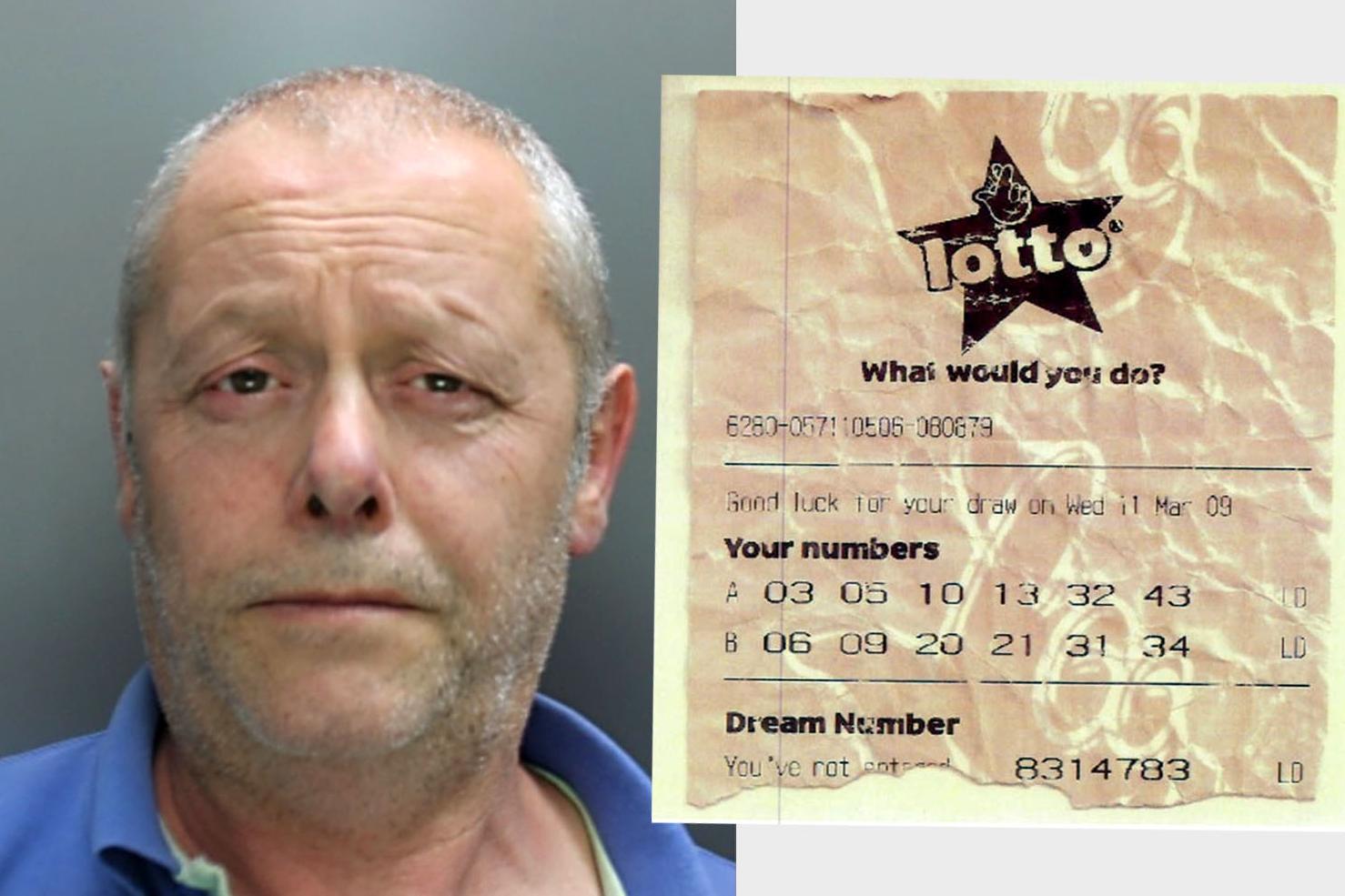Posted on: October 31, 2022, 06:43h.
Last updated on: October 31, 2022, 07:08h.
Police in Hertfordshire, England are investigating a blaze that destroyed the home of a notorious lottery fraudster as arson.

Edward Putman, 57, was imprisoned for nine years in 2019 for claiming a £2.5 million (US$2.9 million) jackpot with a forged ticket a decade earlier. But at a recent “proceeds of crime” hearing, he was told he would have to pay almost £940,000 (US$1.1 million) in restitution, or face a possible additional six years.
So far, the former bricklayer has repaid just £94,013.57, according to freedom of information documents obtained by The Mirror in September. A source told the UK tabloid that Putman has “little or nothing to barter with” now that the $700,000 (US$800,000) house has burned down. That raises questions about whether it was torched by someone who wished him ill.
“Smoke was billowing all over the place,” a neighbor told Herts Live of the October 17 blaze. “The firefighters stopped it spreading. If it was arson, it is disgraceful they were put at risk.”
Putman has previously served spells in prison for rape and welfare fraud. His lottery scam was conceived and orchestrated with the help of associate Giles Knibbs, an insider at lotto operator Camelot.
How the Deed Was Done
At some point in 2008 or 2009, Knibbs got his hands on a list of the serial numbers of unclaimed lottery tickets that had not yet expired. Each serial number had two digits blacked out, according to court documents.
The pair realized that if they took one of those serial numbers and filled in the two missing digits with every combination of 0-9, they would end up with 100 different serial numbers. One of those would be the correct one.
They set about forging 100 tickets, one for each possible combination. Then Putman went from store to store, presenting a different ticket at each until he found a match.
The tickets had been deliberately damaged, so they had to be identified by their serial numbers rather than their barcodes.
Putman inevitably hit the jackpot, and the money was paid out. And had he not attempted to stiff Knibbs of his cut, that would have been the last anyone heard about it.
Tragic Suicide
Knibbs was consumed by the betrayal, and his behavior became erratic. He blabbed to friends and family, and in June 2015, broke into Putman’s house, stealing his phone and damaging his car.
Putman got Knibbs arrested for burglary, blackmail, and criminal damage. He took his own life just days before he was due to appear in court.
Knibb’s friends went to authorities about the scam, and police launched an investigation. But Camelot had lost the prima facie evidence, the ticket itself.
Then, in 2018, someone at Camelot found the smoking gun. Forensic analysis showed the ticket was a fake, printed on a different kind of paper than a legitimate one.
Camelot was fined £3 million by the UK Gambling Commission for mislaying the ticket and paying out on a fraudulent win.
